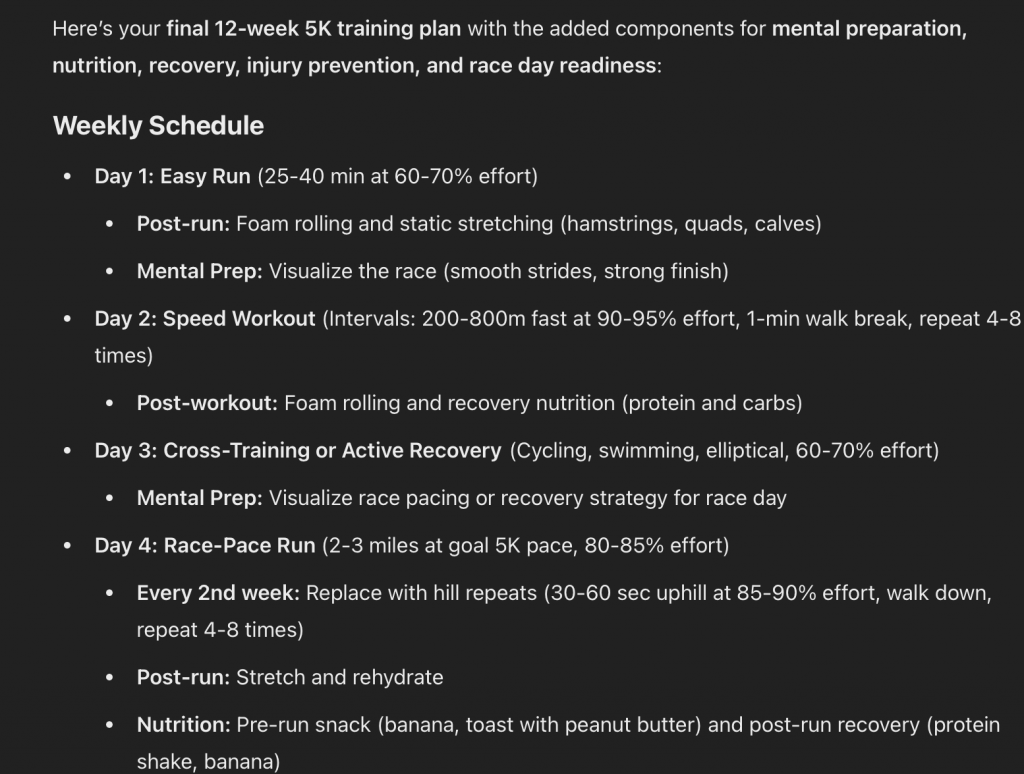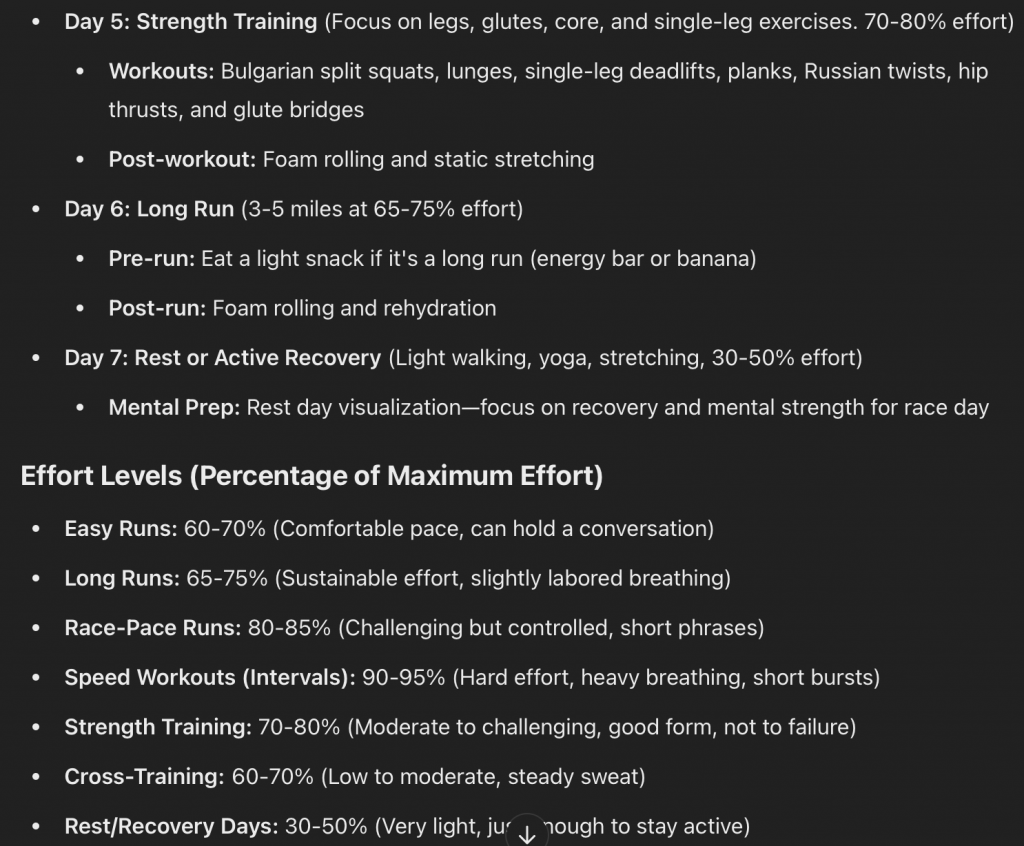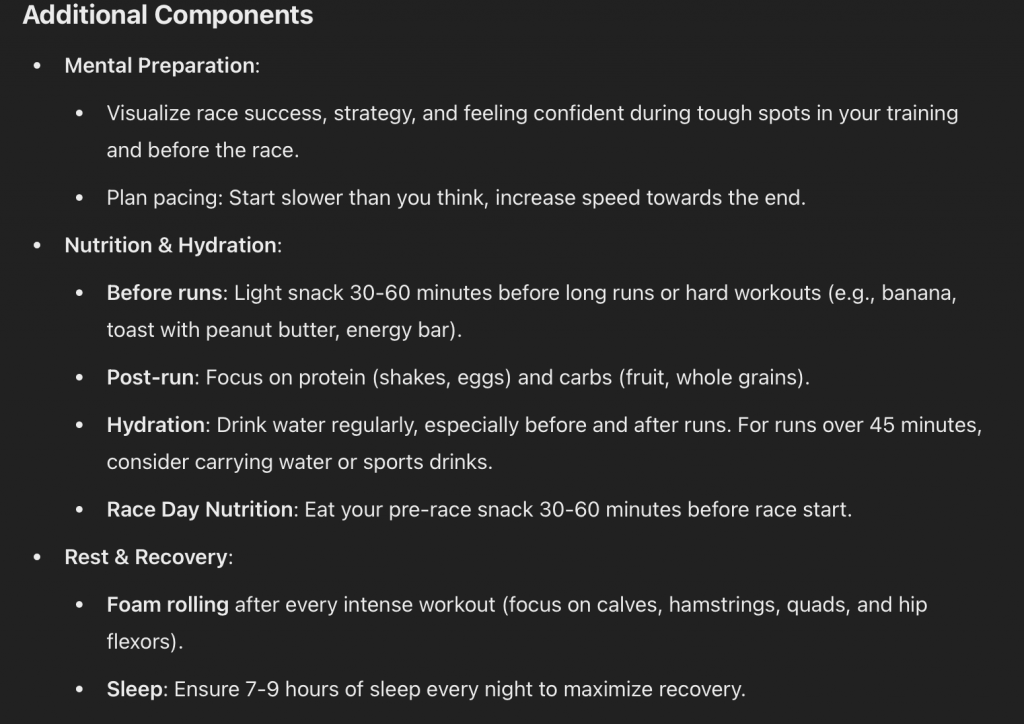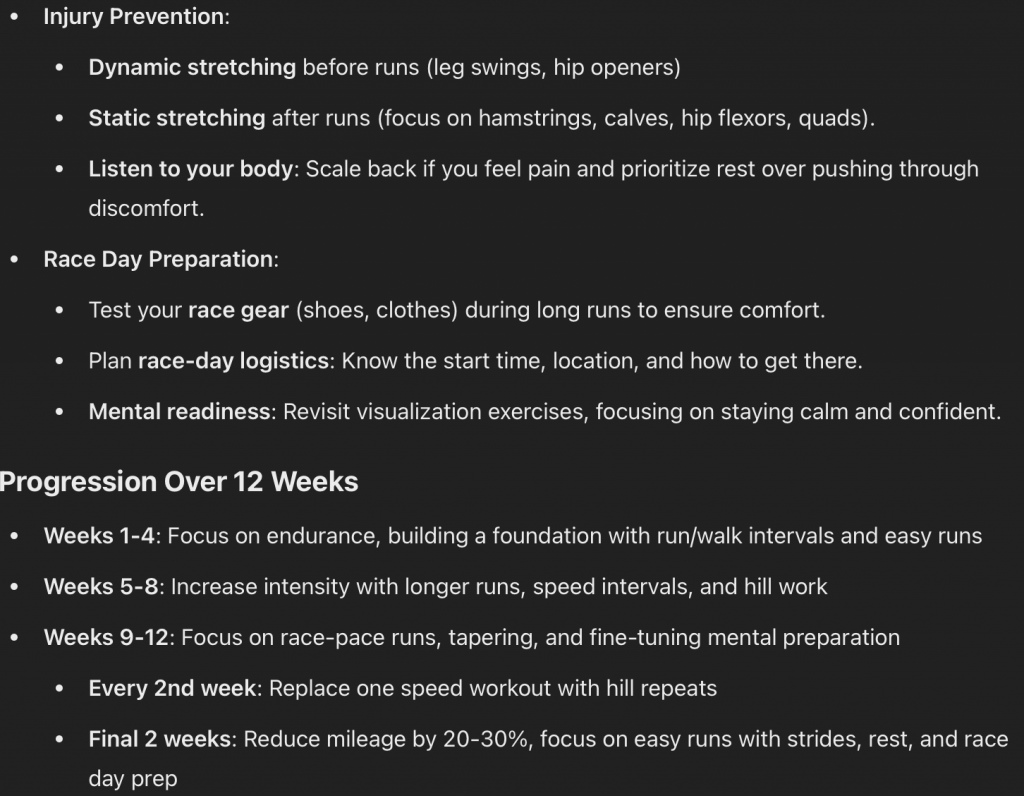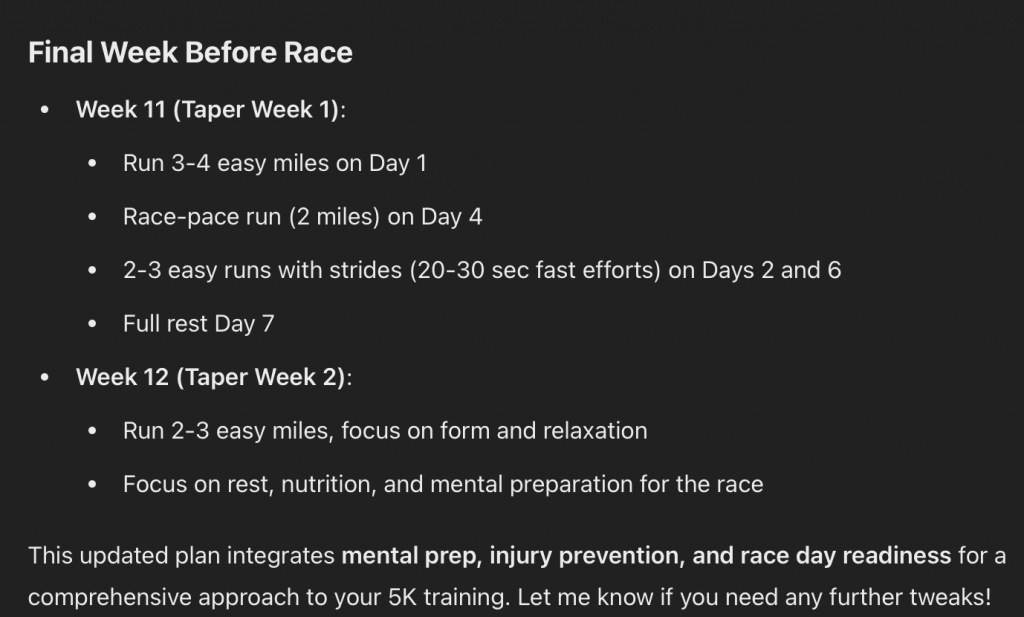This week’s readings made me think more seriously about how AI fits into both school and work. It’s easy to rely on it too much, especially when you’re stuck or just being lazy. For me it’s okay to use AI to help organize thoughts or brainstorm ideas, but not to do all the work for you. Tang et al. (2023) stresses the importance of transparency and understanding that AI is a tool not a collaborator noting that “Generative AI tools are nonlegal entities and are incapable of accepting responsibility and accountability for the content.” That hits home because AI can’t replace you. If we’re not honest about how we use AI, it raises big questions about authorship and integrity.
The grey areas with AI is hard to ignore. It can spark new ideas and help shape your work, but it also blurs the line between your own thinking and what AI generated. That’s why we need clear, supportive guidelines. Not rules that punish but encourage honesty. AI has real potential in lots of fields, but that only works if we’re transparent about how we’re using it.
https://sigmapubs.onlinelibrary.wiley.com/doi/pdfdirect/10.1111/jnu.12938



